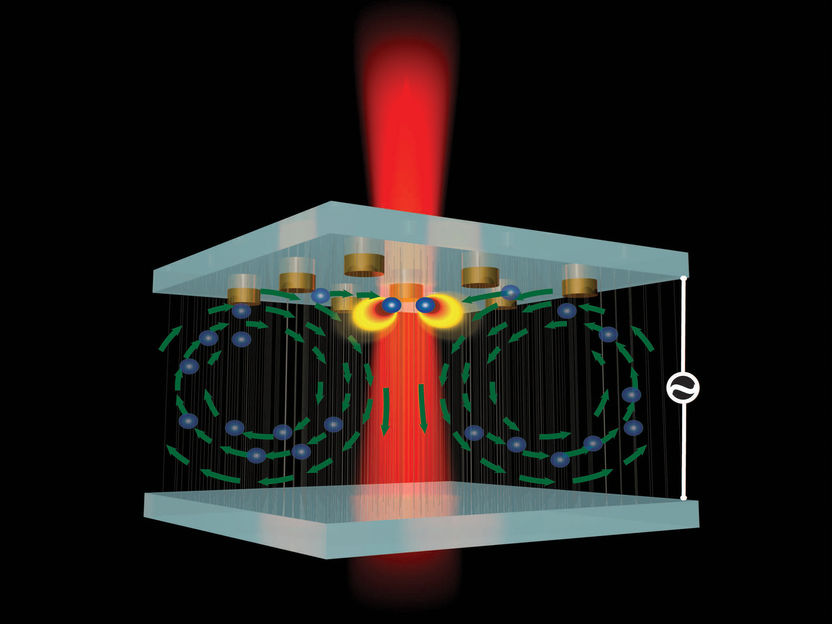New process for recovering valuable elements from wood ash
Processing of previous incineration waste as a secondary raw material
The ash produced when wood is burned in heating and power plants contains valuable nutrients, but also environmentally critical metals. A team led by Professor Harald Thorwarth from Rottenburg University of Applied Sciences, who is also associated with the University of Tübingen, and Professor Andreas Kappler from the University of Tübingen has now developed the first process steps for reprocessing wood ash as a secondary raw material. The study was published in the journal Energy & Fuels.
"The use of finite raw materials still contributes significantly to our prosperity," says Harald Thorwarth. To change this, topics such as resource conservation and the circular economy are becoming increasingly important. The use of residual materials of biological origin, such as waste wood, plays a key role in the use of climate-friendly renewable energies. "Until now, fly ash from wood incineration in particular has had to be disposed of at great expense in special landfills, often underground. This ties up resources and incurs costs," explains Thorwarth. "Yet wood ash contains valuable raw materials such as phosphorus and other nutrients that are essential for plant growth, such as potassium, sodium and sulphur - albeit in a mixture with pollutants."
Consistent recycling
The challenge lies in reliably separating the pollutants from the valuable ingredients, says Andreas Kappler. The researchers in the team have now made initial progress in developing such a process. Using wet chemical extraction, i.e. the targeted washing of the ash, they were able to achieve a separation of harmful and valuable substances. "In the study, we varied the extraction conditions. This also gave us valuable insights into how mobile the elements from the ash are, for example whether they are bound or can be dissolved," says Johanna Eichermüller from Rottenburg University of Applied Sciences, the lead author of the study. The results provide a basis for the development of suitable solvents and process conditions for the future processing of wood ash. "Consistently recycling the nutrients and recyclable materials it contains for reuse can further reduce the need for primary raw materials and would also save landfill space," says Thorwarth.
Note: This article has been translated using a computer system without human intervention. LUMITOS offers these automatic translations to present a wider range of current news. Since this article has been translated with automatic translation, it is possible that it contains errors in vocabulary, syntax or grammar. The original article in German can be found here.
Original publication
Other news from the department science
Most read news
More news from our other portals
See the theme worlds for related content
Topic world Extraction
Extraction is a fundamental process in the chemical laboratory that enables specific components to be isolated and concentrated from a mixture. Whether it's extracting active ingredients from natural products, removing impurities from synthesis products, or preparing analytical samples, extraction is a key step in achieving precise and efficient results in chemical research and analysis.

Topic world Extraction
Extraction is a fundamental process in the chemical laboratory that enables specific components to be isolated and concentrated from a mixture. Whether it's extracting active ingredients from natural products, removing impurities from synthesis products, or preparing analytical samples, extraction is a key step in achieving precise and efficient results in chemical research and analysis.































































